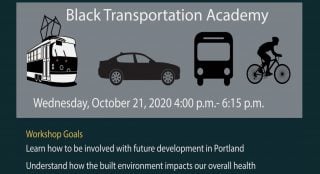
A federally funded program within Multnomah County’s health department is laser-focused on reducing health disparities between Black and white Portlanders. Among their offerings is a ‘Black Transportation Academy,’ a workshop that aims to get more of the county’s African-American and African immigrant/refugee populations involved in local and regional planning.
Instead of asking for feedback once transportation policies and projects are half-baked, the county wants more Black Portlanders involved in the cooking.
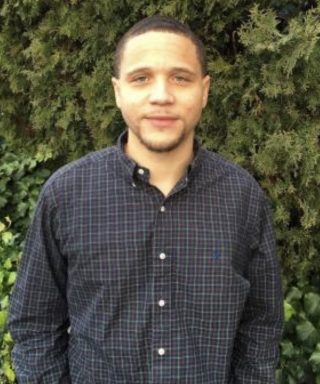
(Photo: Multnomah County)
The Multnomah County Racial and Ethnic Approaches to Community Health (REACH) is a culturally specific program to reduce health disparities in the Black community. The program (which receives funding from the U.S. Center for Disease Control), has three main focus areas: “community-clinical linkages”, nutrition, and physical activity.
The person on the REACH team who heads up the physical activity programs is Andrew Campbell. He shared with us that Black and Brown people often don’t feel comfortable attending public meetings not just because they don’t see others who look like them, but because they might not know all the planning lingo. Campbell said his goal with the workshop is to provide that background knowledge and give people resources to get more engaged.
Campbell also knows that where someone lives is tied directly to health outcomes. “Every neighborhood models systemic racism in some form and were built by design,” he shared. “And some zip codes in Multnomah County have a higher chance of getting asthma, diabetes or other health issues. These workshops will help people become more of the inequities in neighborhoods and [we hope participants] will influence future plans to make neighborhoods of color safer and healthier.”
According to REACH, their physical activity strategy, “focuses on how the built environment promotes physical activity in a safe way.” The built environment refers things like bike lanes and sidewalks (physical infrastructure that encourages active mobility) and things like street lights which make them easier, safer, and more likely to be used. You might have seen the story in The Oregonian last week about REACH’s partnership with the City of Portland to “prescribe” Biketown bikes to Black Portlanders with chronic diseases.
Advertisement
The county’s strategy with the transportation academy is to not just teach people about how transportation policy and projects are linked to physical activity, but to get them actively involved in influencing the plans that create our built environment.
“After this workshop, I hope attendees start to join public transportation and urban planning committees to lift up the Black and Brown concerns on plans and how it affects the culture,” Campbell said. “ODOT and PBOT have a history of not engaging the Black community on past local development plans. We need more plans that are community-led besides government-led.”
Multnomah County REACH Director Charlene McGee is also scheduled to present a seminar hosted by the Portland State University Transportation Research and Education Center (TREC) on the intersection of race, safety and transportation on November 6th. That event is part of the Friday Transportation Seminar series sponsored by TREC. Other upcoming presentations include: mobility and traffic data analysis on tribal and disadvantaged communities; a presentation on “equitable transportation” by ODOT’s Assistant Director of Social Equity, Oregon Department of Transportation Nikrotris Perkins; and a look at racial disparities in traffic enforcement. See the entire slate of TREC seminars here.
The Black Transportation Academy workshop is this Wednesday, October 21st. Participation is limited to 30 people and you must fill out this form by tomorrow (Tuesday, 10/20) if you’d like to attend. All participants will be compensated for their time.
For more information, check the flyer below or view the event on Multnomah County’s Facebook page or the BikePortland calendar.
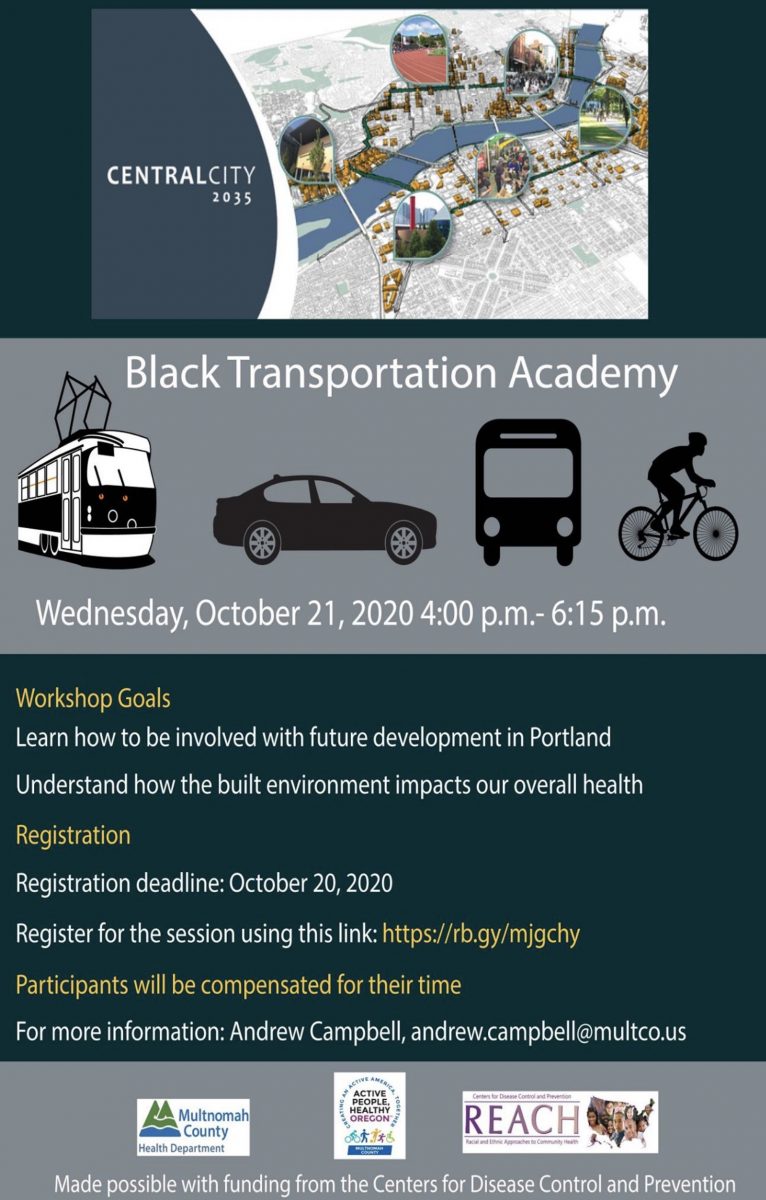
— Jonathan Maus: (503) 706-8804, @jonathan_maus on Twitter and jonathan@bikeportland.org
— Get our headlines delivered to your inbox.
— Support this independent community media outlet with a one-time contribution or monthly subscription.



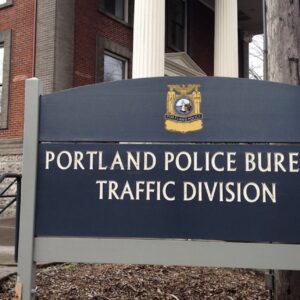
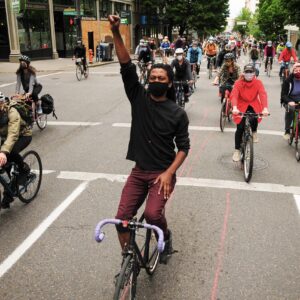

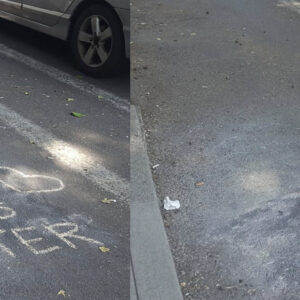
Thanks for reading.
BikePortland has served this community with independent community journalism since 2005. We rely on subscriptions from readers like you to survive. Your financial support is vital in keeping this valuable resource alive and well.
Please subscribe today to strengthen and expand our work.
So what about tribal transportation? Remember Oregon’s first ghetto was Stuart Lennox in Klamath Falls. That’s where they dumped all the Brown people they didn’t kill in the genocidal lava bed hunts. And later where they dumped all the Brown people coming out of the WWII concentration camps. And later where I regularly got beaten up by gangs of white boys. Oregon racism didn’t start with Black people. It started with genocide of Indigenous. Any new program needs to start with Indigenous voices of Oregon, they have the memories of the land.